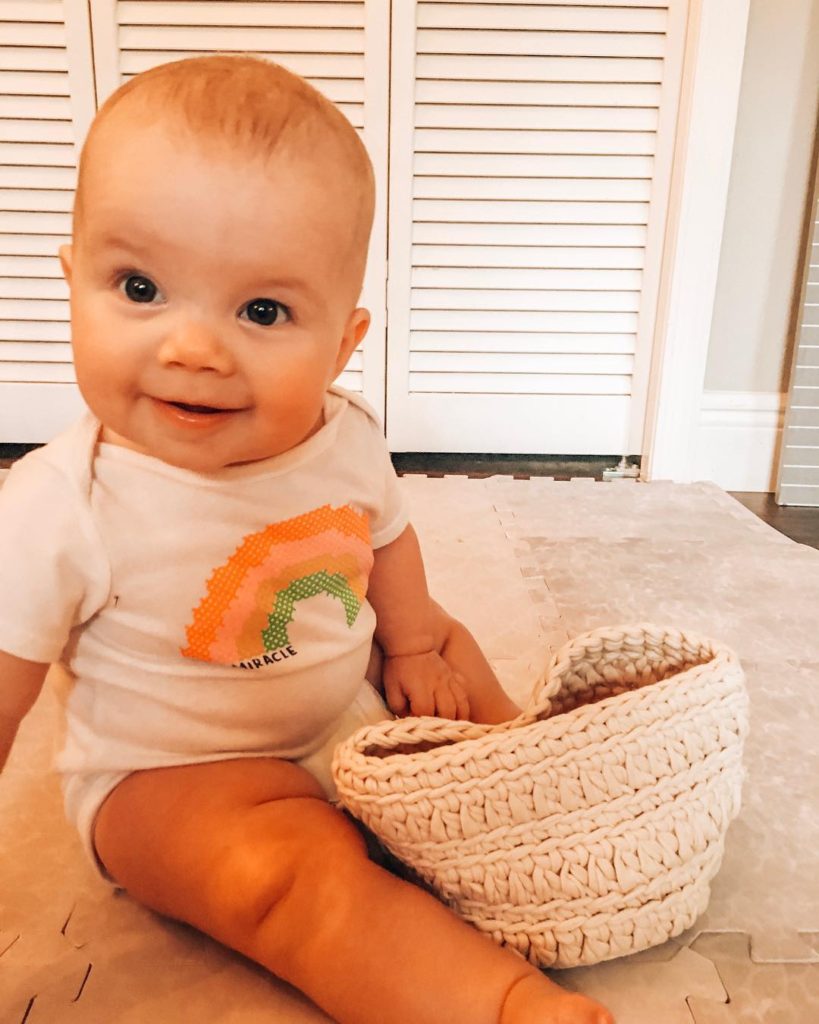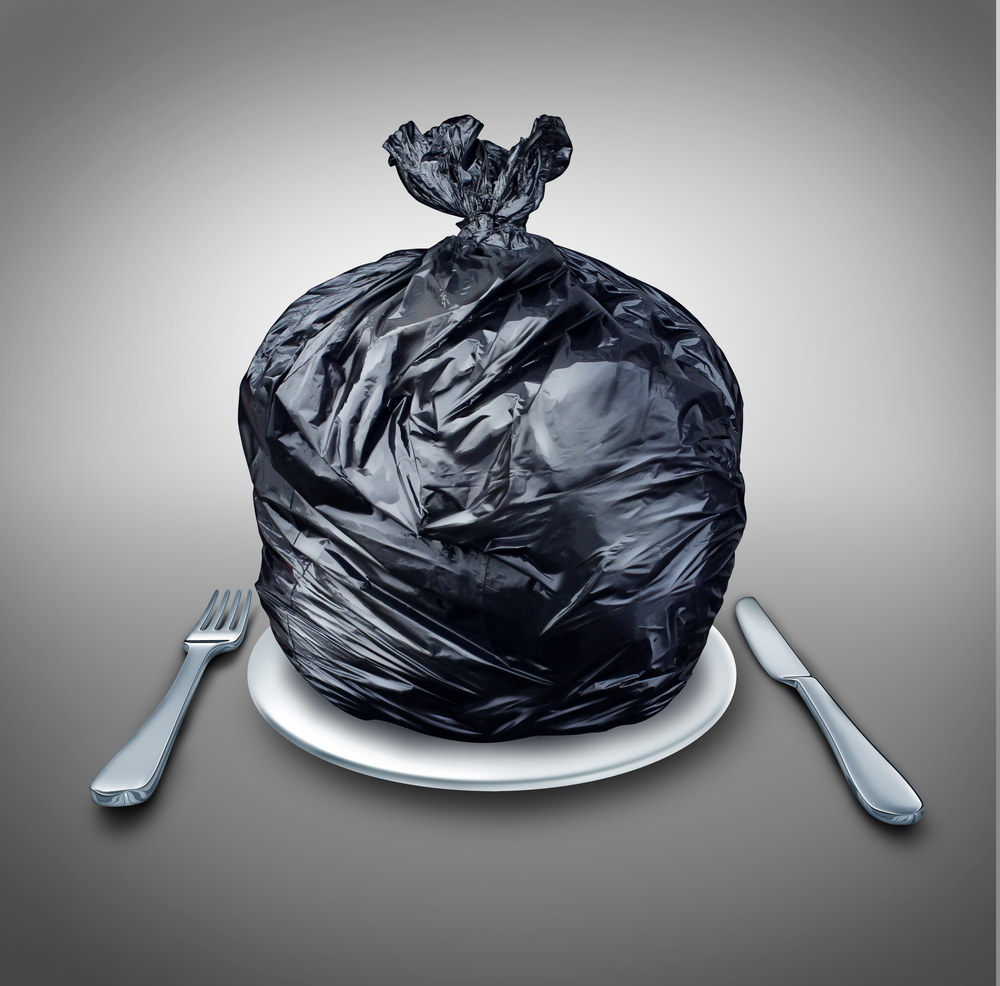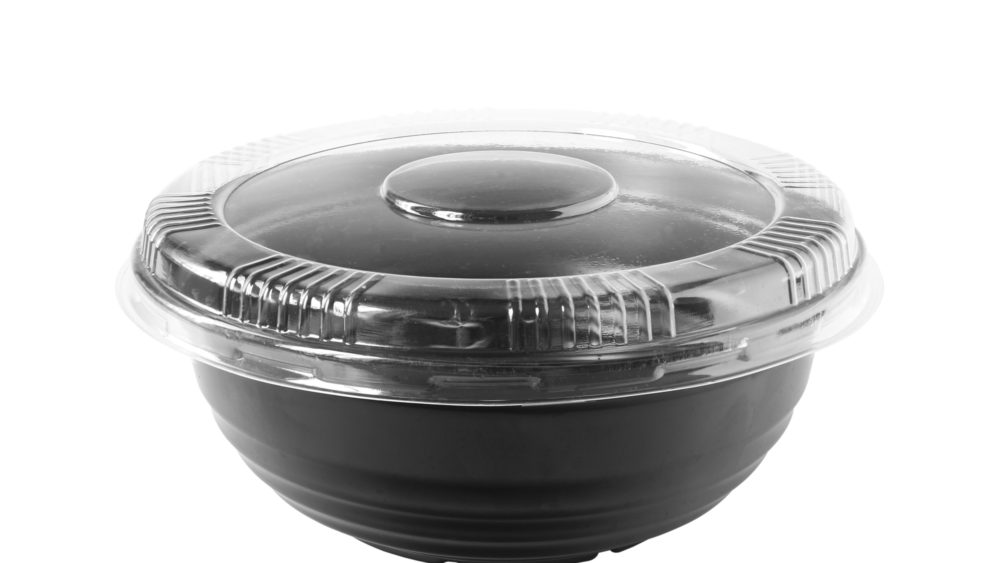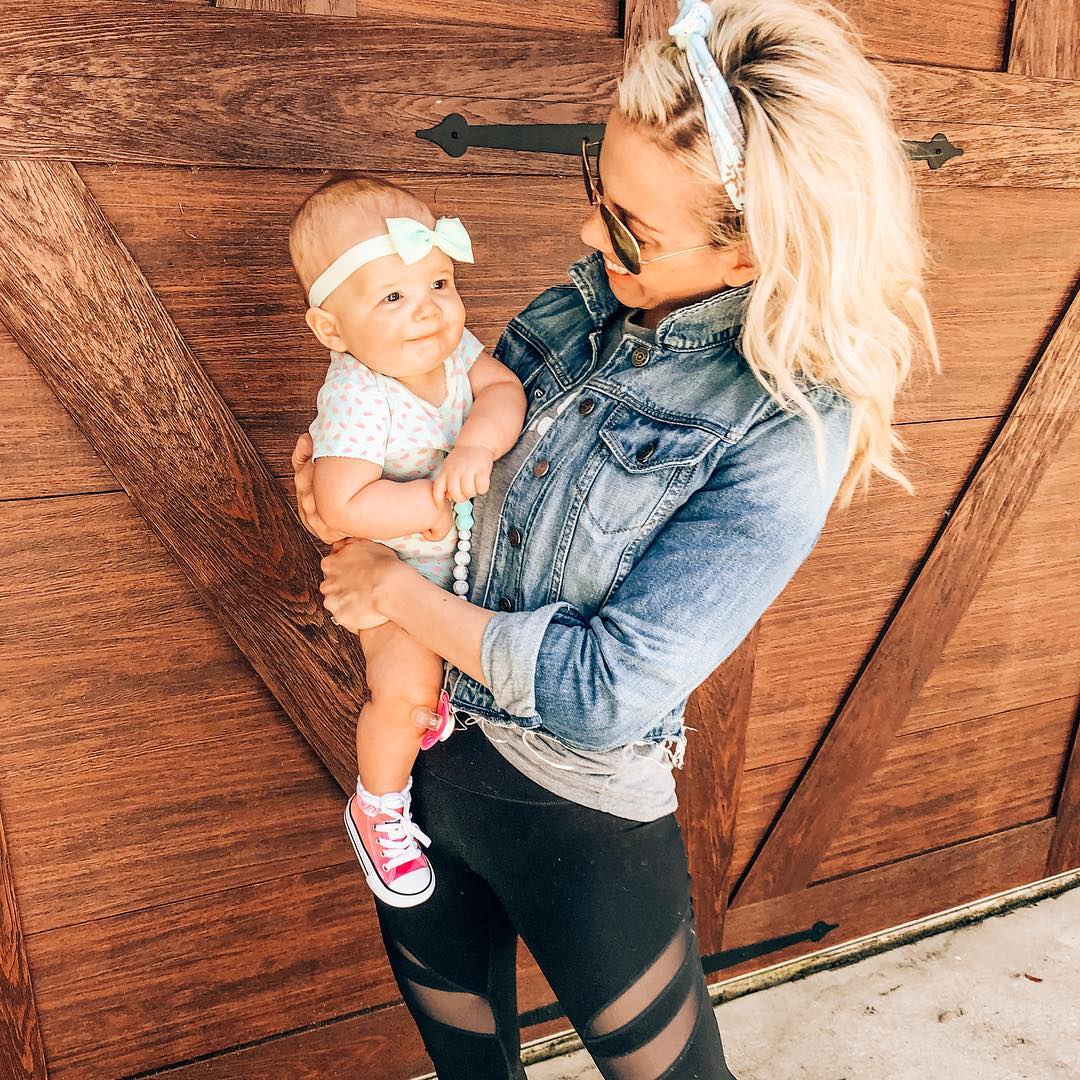“Does plastic cause cancer?” The answer’s yes, and I know YOU know how bad that is…
BUT would you be willing to put in the work to sacrifice it, for yourself and your family?
Now, I don’t ask the above in a JUDGMENTAL way AT ALL. I just mean, I know we’re all very busy in life. And sometimes you hear something really alarming like about how certain types of plastic cause cancer (when heat OR cold releases the chemicals).
But that info’s overwhelming. We’re always hearing that this causes cancer, that causes cancer. It can be easy to say, “Ugh, ANOTHER thing I have to deal with?” and kinda let this info go in one ear and out the other. I get it!!
So let me just run the dangers by ya one more time, because I know that’s what I needed. 😉

So in hard plastics, there are molecular compounds (ooo, science) called BPAs, that make the plastic tough and unbendy. On the opposite side, flexible plastics — they have compounds called phthalates.
I’m guessing you’ve seen both of those words before, and probably not in a very flattering context either. 😉 And for good reason!!
When they get in your body, these compounds LITERALLY PRETEND TO BE HORMONES! I put that in all caps because it’s just crazy, isn’t it? These hormones act like estrogen in your body!
So uh, what the heck does that mean for men and women? AND BABIES!! Because your baby’s bottle or sippy cup may be made of plastic with BPAs. 🙁

WELL. Scientists haven’t studied this a super lot yet (for whatever reason), but the general consensus is that the BPAs being “fake estrogen” is not a good thing, at all.
The National Institute of Health says that BPAs could potentially cause problems with:
- The brain, and its growth in children
- The prostate gland
- Cancer, diabetes, and heart disease
SO, does plastic cause cancer? 100% yes.
SO YEAH, I’d say that going BPA-free with your plastics is very important — if not for yourself, then at least for your baby!!
Unfortunately though, going BPA-free with plastic is honestly not the end of your worries. Most plastics leech these weird estrogen-mimicking chemicals and scientists don’t know what the common cause is.
To be fair I read this on My Plastic Free Life, so I’m sure they’re biased, but I made sure to read the studies provided by NPR and Harvard too 😉
My solution, first off, is definitely to get rid of your Tupperware that doesn’t say BPA-free, but ALSO to be aware that it’s plastic of all kinds that’s a problem.

All those news stories that circulated a few years ago about not leaving water bottles to freeze or heat up in your car, or about the toxins when microwaving plastic, are all true!! And if you’ve heard about how all plastic is assigned a number, #1 – #7, based on type, that’s true too. Only plastic with the #2 on it is generally considered safe for recycling, which means, that’s the only plastic you should use more than once. But yeah, according to science there’s really no such thing as “microwave safe” plastic!!
But yeah, according to science there’s really no such thing as “microwave safe” plastic – and does plastic cause cancer? — yes!!
Now you may be wondering, since I’m telling you to throw out your plastic and also not to reuse plastic, am I advocating putting out a bunch of plastic in the environment?
NO!!! I’m recommending avoiding plastic and its toxins whenever possible. Do this buy buying UNPACKAGED foods, a.k.a. fresh produce, when possible! If you eat eggs, buy them in cardboard cartons…if you eat meat, buy it from the butcher and get wrapped in paper…
MORE IMPORTANTLY, use glass containers for storage, and glass baby bottles as well. Don’t want chemicals from plastic on any food or drink for your baby!!!
(For other examples of great baby products, check out my blog post, My Top 10 Baby Must Haves for First Time Moms!)
In the end, you’ll be doing the Earth, and your family, a huge favor!!
Links:





Comments are closed.